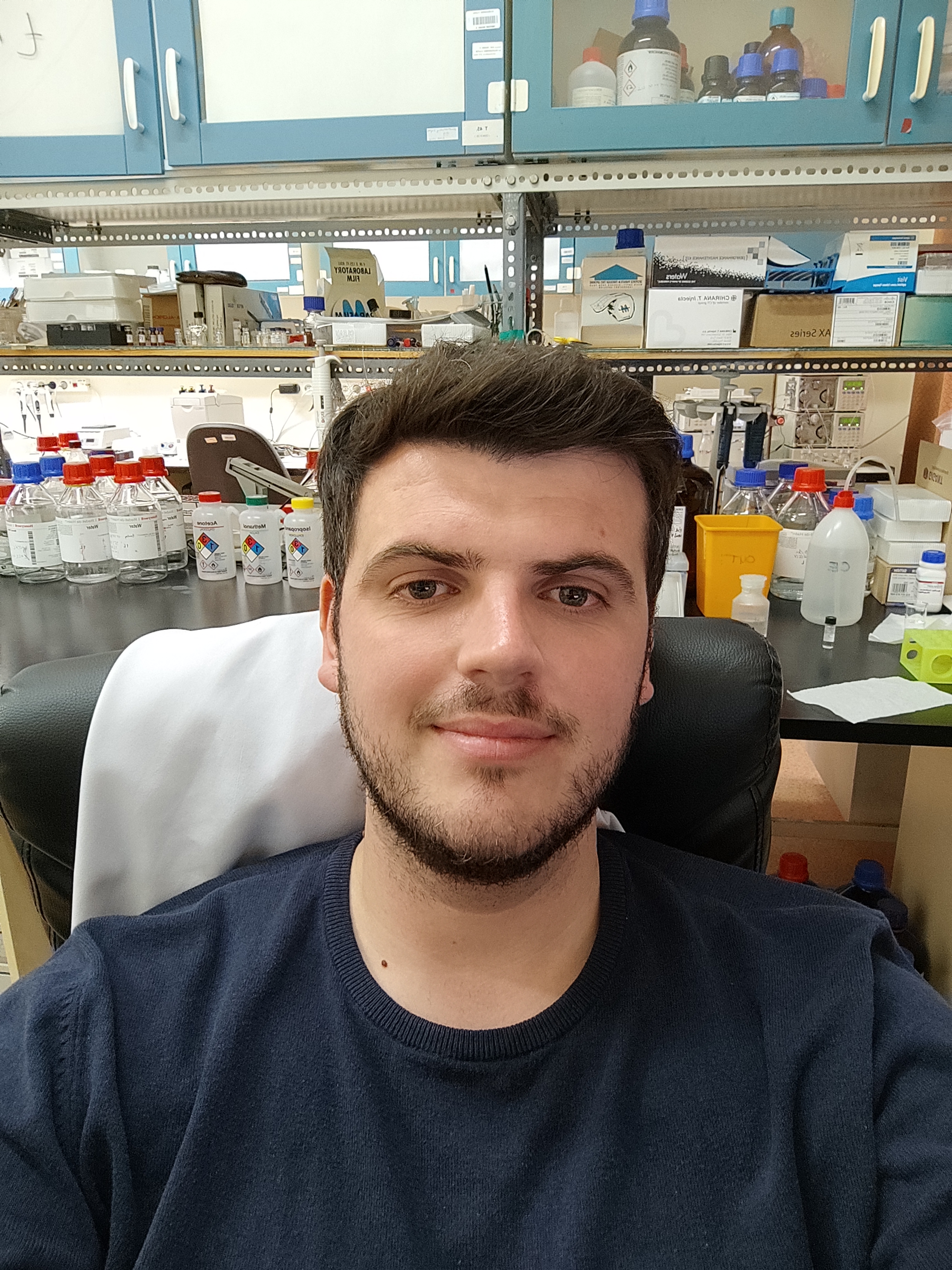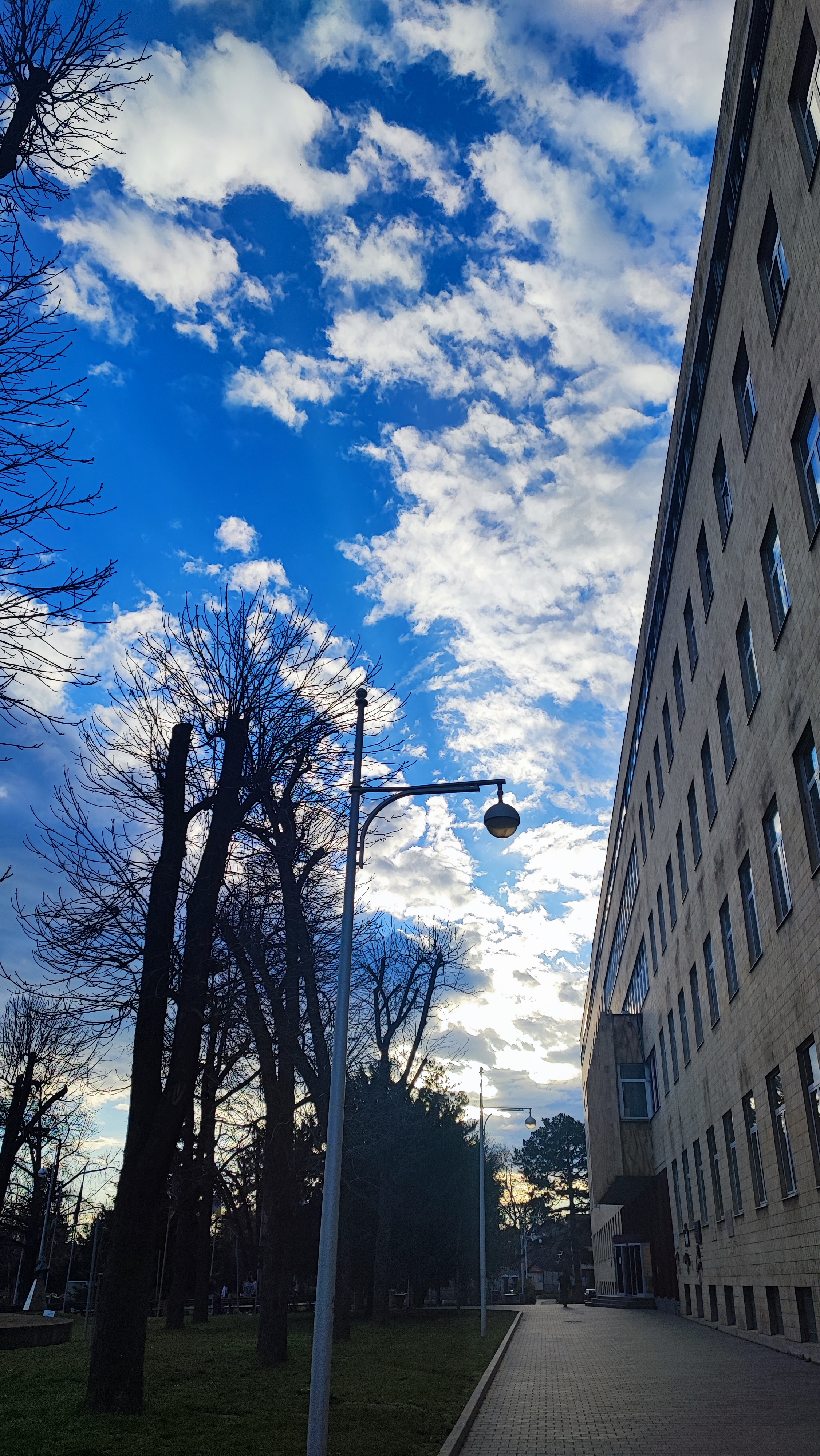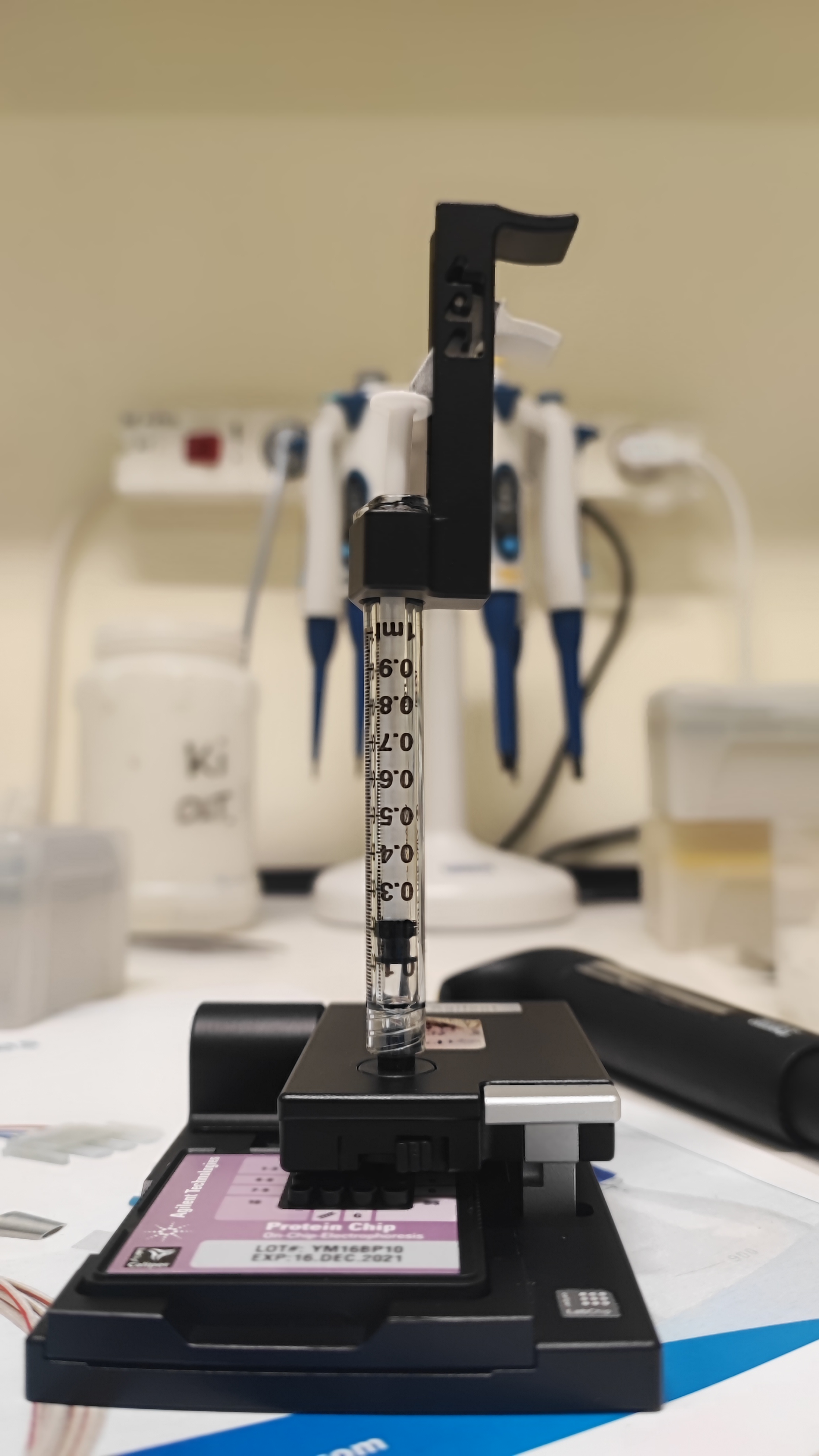The Central European Exchange Program for University Studies (CEEPUS) is an exchange program designed to strengthen professional and personal relationships among Central European scholars. The program has a great variety of mobility opportunities , including short-term and long-term exchange programs, summer schools, and joint degrees. Mobility takes place in the frame of networks, but if you study or teach at a university that does not participate in a CEEPUS network, you can also join the programme as a Freemover. So was Liridon Muqaku, a PhD student from the University of Prishtina, Kosova, (1) who chose CEEPUS Freemover mobility to expand his knowledge in the field of bioanalysis.
 Tell us a bit about yourself. Who are you and what did you study in Hungary?
Tell us a bit about yourself. Who are you and what did you study in Hungary?
My name is Liridon Muqaku (27) and I am from Kosova, a small country located in the heart of the Balkans. I obtained my Master’s degree in Pharmacy from the Faculty of Medicine at the University of Prishtina, Kosova. Presently, I am pursuing my PhD studies in Experimental Biomedicine at the same faculty.
From February to March 2023, I had the opportunity to stay at the Institute of Bioanalysis at the University of Pecs in Hungary, under the supervision of Prof. Dr. Ferenc Kilar. During my time there, I gained valuable experience in the field of bioanalysis and was able to expand my knowledge in this area.
Where did you hear about CEEPUS freemover mobility and what made you choose it?
I heard about the CEEPUS freemover mobility program from my supervisor, Prof. Dr. Dashnor Nebija, Mag. Pharm. He suggested toapply for the program and recommended the University of Pecs as a great destination for my research topic. The opportunity to study abroad and gain new experiences in a different academic environment was very appealing to me, and I was excited to have the chance to learn from experts in my field from different cultural and linguistic backgrounds. Additionally, the financial support offered by the CEEPUS program made the mobility opportunity more feasible for me, allowing me to focus on my studies and professional development without the burden of financial concerns.
 Why did you choose Hungary and the University of Pécs?
Why did you choose Hungary and the University of Pécs?
I chose Hungary and the University of Pecs specifically because of their reputation for excellence in the field of bioanalysis, which is an area of great interest to me. In particular, I was looking for an institution that would allow me to implement orthogonal modern analytical methodologies, such as capillary electrophoresis and mass spectrometry, in order to conduct experiments for my Doctoral Thesis. The University of Pecs has a strong track record of research in this area, so I was excited to learn from experts in the field, such as Prof. Dr. Ferenc Kilar, the head of the Bioanalysis Institute, who is one of the pioneers in the field of capillary electrophoresis. With access to such expertise and state-of-the-art facilities, I was confident that my time at the University of Pecs would be highly productive and rewarding, given that the University of Pecs, is a highly respected institution with a long history of academic excellence, so I was eager to be part of its community and to study in a vibrant and diverse cultural environment.
How did you like your studies in Hungary? What was your favourite memory during your studies?
I enjoyed my stay in Hungary and had a great experience overall. One of the things I liked the most was the multicultural environment at the University of Pecs. I had the opportunity to meet and interact with students from all over the world, which was a truly enriching experience. Additionally, the warm welcome and hospitality I received from the host institution made me feel at home from the very beginning. They were always ready to help me with any issues that I encountered and even went out of their way to seek assistance from other institutions within the University of Pecs when necessary.
One of my favourite memories during my stay in Pecs would have to be the taste of the morning coffee. It was absolutely delicious and provided the perfect start for my day. Beyond that, I also had some highly valuable scientific discussions with professors there, which helped me to deepen my understanding of my field. Furthermore, I was accommodated in a dormitory, and in fact, it was my first experience living in one. While there, I relished the opportunity to socialize with students from various countries around the globe, engaging in thought-provoking conversations about the culture, language, and history of different nations. Comprehensively, my time in Hungary was a great experience, and I feel grateful for the opportunity to have studied at the University of Pecs.
How did you like Hungary? Have you had the chance to visit different cities, regions?
While my main focus during my stay in Hungary was on my studies and research, I did have the opportunity to explore the city of Pecs and get a sense of what life is like in Hungary. Unfortunately, due to the short duration of my stay and the amount of work I needed to complete in the lab, I did not have a chance to visit other cities or regions in Hungary.
That being said, I thoroughly enjoyed my time in Pecs. The city has a unique charm and character that reminded me of my hometown. I appreciated the quieter pace of life in Pecs compared to some other cities. Overall, I have very positive feelings about Hungary, and I hope to have the opportunity to visit again and explore more of the country in the future.
 What did the CEEPUS mobility give you?
What did the CEEPUS mobility give you?
The CEEPUS mobility program was an outstanding prospect for me to expand my understanding and proficiency in the realm of biopharmaceutical analysis. Through this mobility program, I was able to work alongside some of the leading researchers in the field of bioanalysis and learn new, cutting-edge techniques that were not available at my home institution. Specifically, employing capillary electrophoresis and mass spectrometry techniques furnished me with a more extensive comprehension of the approaches for appraising the quality of complex biological pharmaceutical formulations.
Beyond the technical knowledge I gained, the CEEPUS mobility program also allowed me to develop important professional and personal skills. For instance, I improved my communication skills by interacting with researchers from different cultural backgrounds and working in a new research environment. Additionally, the experience of living and working abroad helped me to become more independent and adaptable, which will be valuable in my future academic and professional endeavours.
Overall, the CEEPUS mobility program was an exceptional chance that allowed me to gain a more profound insight into my field, acquire novel competencies, and collaborate with some of the most renowned specialists in my research domain.
What is your plan for the future?
My time in Hungary through the CEEPUS mobility program was a valuable experience that inspired me to pursue additional opportunities for international collaboration and learning. In the near future, I plan to focus on analyzing and publishing the results of my experiments from my time at the University of Pecs. In the longer term, I hope to continue my education and research through additional mobility programs and collaborations with international institutions.
In fact, I am currently in the process of considering several different mobility programs and opportunities that align with my research interests and career goals. I believe that these experiences will be crucial in helping me to develop new skills, broaden my perspective, and build my network of professional connections.
Lastly, I would like to express my sincere gratitude to Prof. Dr. Ferenc Kilár, Prof. Dr. Dashnor Nebija, Dr. Anikó Kilár, Dr. Viktor Sándor, Dr. Agnes Dörnyei, Dr. Lilla Makszin and Dr. Csilla Páger Fenyvesiné for their invaluable assistance during my research. Without their guidance and support, I would not have been able to achieve such significant progress and results. I am truly grateful for their expertise and willingness to share their knowledge with me.
(1) note: Kosova is the Albanian name for Kosovo, as the country is known in Serbian. Source: https://www.sapiens.org/archaeology/kosova-or-kosovo/